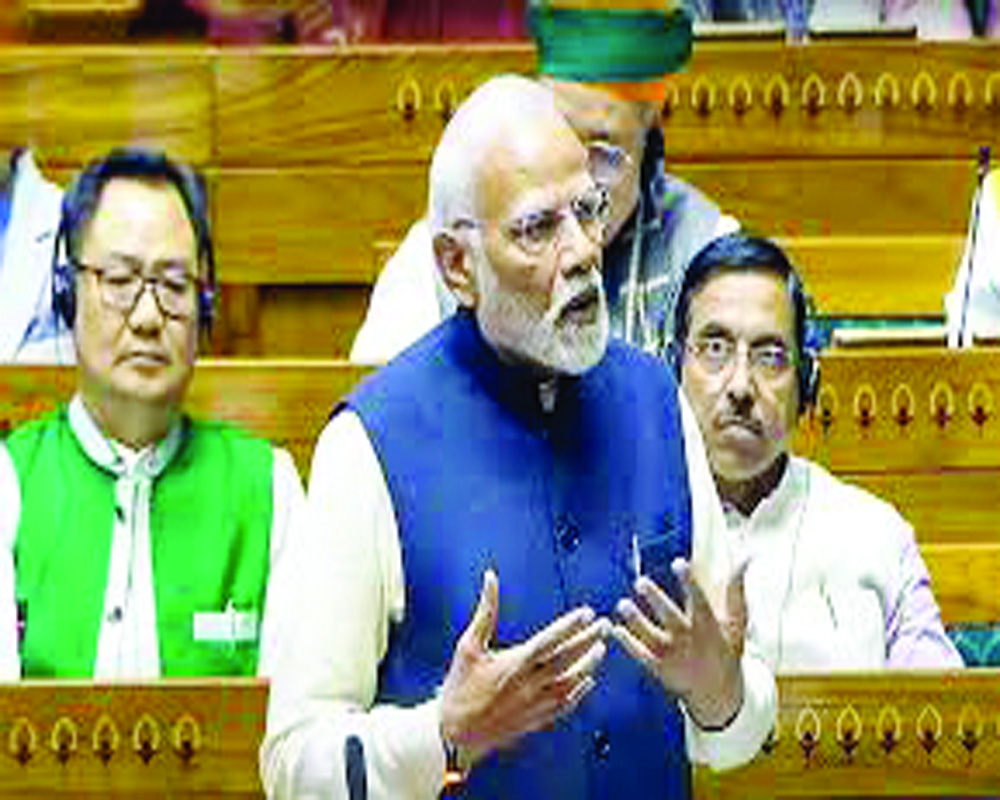PM Modi’s resolutions give roadmap for progress but its realisation requires collaborative efforts from the government and civil society
During the Constitution debate in the Lok Sabha on December 13, Prime Minister Narendra Modi articulated 11 resolutions to guide India’s future development. These resolutions, inspired by the spirit of the Constitution, aim to address critical aspects of governance, societal values and national development. PM Modi emphasised the need for citizens and government officials to uphold their duties. This aligns with the Constitution’s emphasis on Fundamental Duties, but its implementation requires widespread public awareness and institutional accountability. The Prime Minister reaffirmed the government’s commitment to inclusive development through his vision of “Sabka Saath, Sabka Vikas.” While significant progress has been made in sectors like infrastructure and digital access, challenges like regional disparities and social inequality persist. Addressing these requires targeted policy interventions and efficient resource allocation. Corruption, which undermines public trust and economic efficiency, was also highlighted by PM Modi, who called for societal rejection of corruption. His stance complements ongoing measures like digital transparency and anti-corruption legislation. However, robust enforcement mechanisms and judicial efficiency are essential for achieving this goal. Fostering respect for laws and traditions was another critical resolution aimed at strengthening social cohesion. This requires not only stricter enforcement of laws but also cultural campaigns to educate citizens about the value of India’s legal and cultural heritage.
In a similar vein, PM Modi’s call to instill pride in India’s heritage seeks to dismantle colonial-era mindsets. This involves promoting indigenous knowledge systems, decolonising education curricula and celebrating India’s achievements globally. Modi also stressed the importance of respecting the Constitution and avoiding its exploitation for political gains. This underscores the need for political integrity and constructive discourse in legislative processes. Another pivotal resolution was the preservation of reservations without introducing religion-based quotas. PM Modi’s emphasised the importance of maintaining the status quo while opposing religion-based reservations. Balancing social justice with meritocracy remains a contentious issue, necessitating careful policy considerations to address evolving societal needs. The mantra of “development of the country through the development of states” underscores the importance of cooperative federalism. Strengthening state capacities and ensuring equitable resource distribution are critical for this resolution’s success. The feasibility of these resolutions hinges on several factors such as upholding duties and require active citizen engagement. Effective implementation of these resolutions largely depends on robust institutions and governance mechanisms and efficient use of resources by the government itself along with a civil society which is alert and aware.


























